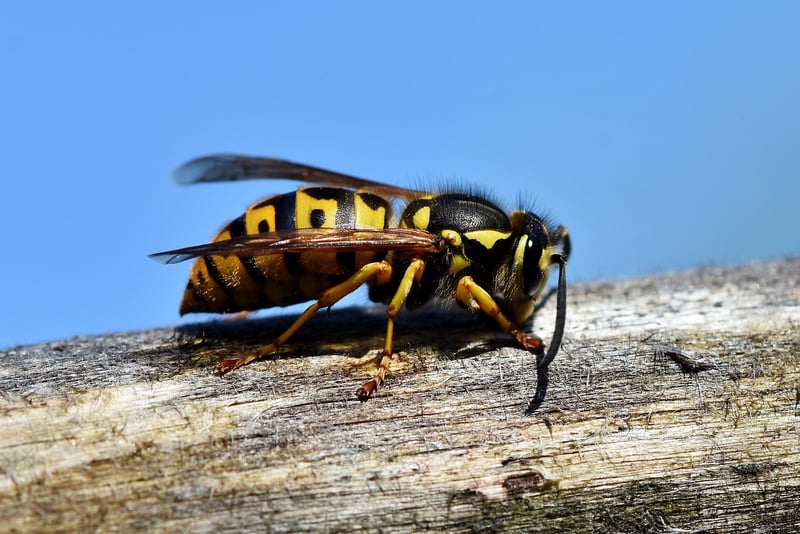Beneficial Insects
Protecting Your Plants with Beneficial Insects

When it comes to keeping your plants healthy and thriving, harnessing the power of beneficial insects can be a game-changer. These tiny allies can help protect your garden from harmful pests naturally, reducing the need for chemical pesticides and fostering a more balanced ecosystem.
Why Beneficial Insects?
Beneficial insects are the good guys in your garden. They prey on destructive pests, pollinate flowers, and help maintain a harmonious environment for your plants to grow. By attracting and supporting these beneficial bugs, you can create a sustainable and eco-friendly approach to pest management.
Common Beneficial Insects
- Ladybugs: These colorful beetles feast on aphids, mealybugs, and other soft-bodied pests.
- Praying Mantis: A fierce predator that devours a wide range of insects, including caterpillars and beetles.
- Lacewings: Known as aphid lions, lacewing larvae consume aphids, mites, and other small insects.
- Hoverflies: Adults feed on nectar and pollen while their larvae eat aphids, thrips, and other pests.
Attracting Beneficial Insects
To invite these helpful insects into your garden, consider planting a diverse range of native plants that provide food and shelter. Avoid using broad-spectrum pesticides that can harm both good and bad bugs. Create a welcoming habitat with flowering plants, water sources, and sheltered areas for insects to thrive.
Benefits of Using Beneficial Insects
Integrating beneficial insects into your gardening practices offers numerous advantages:
- Reduces the need for chemical pesticides
- Naturally controls pest populations
- Promotes a healthy and balanced ecosystem
- Helps pollinate flowers and increase crop yields
- Cost-effective and sustainable pest management solution
By welcoming beneficial insects into your garden, you can protect your plants, support biodiversity, and contribute to a greener and more vibrant environment.
Remember, when it comes to pest control in your garden, sometimes the smallest allies can make the biggest difference!
